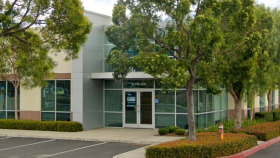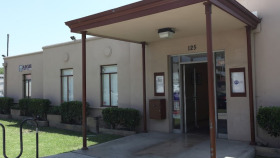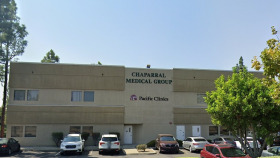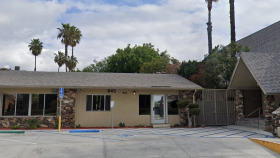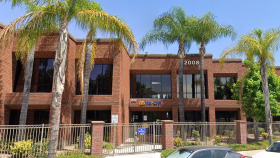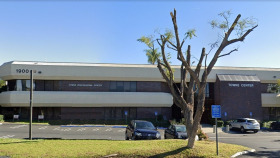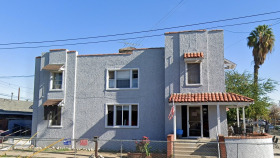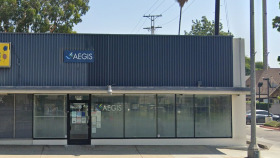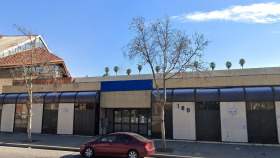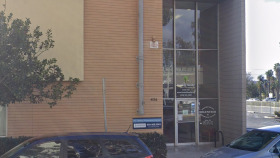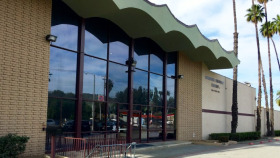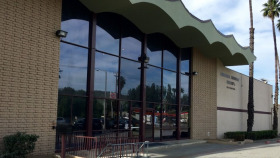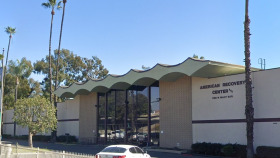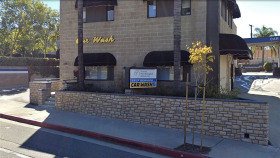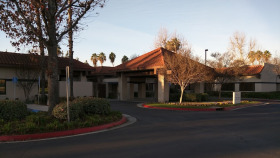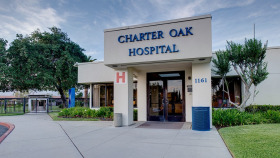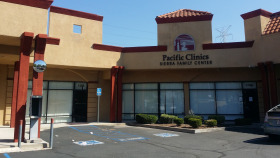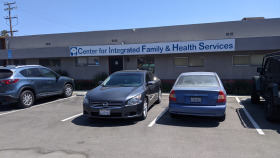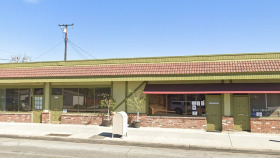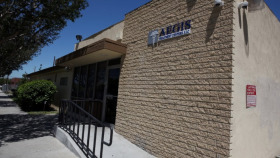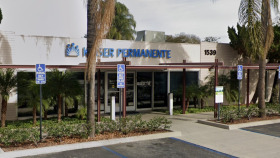Expert Insights
317. That’s how many fentanyl-related deaths the San Bernardino County Sheriff’s Department reported in 2021. What’s it going to take to stop this deadly trend? A multi-faceted approach – which is exactly what local officials are taking. The District Attorney’s Office launched #ACTNOW (Awareness Campaign and Training), which provides trainings, videos, and other resources. The Public Health Department has declared public health advisories to increase awareness. The Sheriff’s Department has specially trained deputies to investigate fentanyl deaths. Local medical centers are directing patients to treatment. And the District Attorney’s Office is filing murder charges against those who sell fentanyl. It’s a combination of education, support, and accountability, which is what’s needed to effectively come at this problem from every angle
~ Kerry Nenn
Cost of Drug Rehab in Ontario
The cost of rehab has many variables, including location, level of care needed, and what financial help you might have to pay for treatment.
Among the greatest determiners of cost is the type of facility you attend. For example, an extended stay in luxury rehabs or detox centers in Ontario might be significantly more expensive than an outpatient program close to your home, which cuts down on daily commute costs. Other factors could include what type of health insurance coverage you have, if you can take paid time off from work to seek treatment, or if you’ll have to take unpaid leave.
Low-Cost and Free Drug Rehab Centers in Ontario
Low-cost and free drug rehabs in Ontario are financed through state funding programs and federal grants such as the block grants provided by the Substance Abuse and Mental Health Services Administration (SAMHSA). These funds typically provide scholarships for care, for example, and sliding fee scales for those without insurance.
According to SAMHSA, there are 56 rehabs near (within 25 miles of) Ontario that accept state insurance other than Medicare or Medicaid, as well as SAMHSA block grants to facilitate low-cost treatment.3
Medicare and Medicaid
Offered by state agencies to provide medical coverage to those who can’t afford or don’t qualify for private insurance, Medicare and Medicaid can cover care services.4 These services include individual and group therapy, medications, and therapist appointments. Medicare may help pay for inpatient stays, though patients are responsible for a copay and deductible.
Both programs have different qualifications. Medicaid requires your income to be at or below federal poverty standards unless there’s a young child or pregnant woman in the house, in which case your income can be slightly higher (133% of federal poverty standards). Medicare is for people over the age of 65 or who have a disability.
Does Private Insurance Cover Rehab Center Costs?
Yes, thanks to the Affordable Care Act (ACA) and the Mental Health Equity and Addiction Parity Act (MHPAEA), as well as California’s SB 855 regulations, private insurance companies must pay for medically necessary treatments, which substance use disorder (SUD) is now classified as.
Every private insurance policy is slightly different than the next. To find out exactly what your policy covers, to what extent your financial responsibility would be in terms of copayments and deductibles, and get referrals to nearby clinics in your network, call the number on the back of your insurance card.
Ontario Drug and Alcohol Use Statistics
San Bernardino County has been heavily impacted by drug and alcohol use over the past few decades, more so than nearby localities and more heavily populated areas across the state. According to recent studies:1,2

In 2020, the rate of opiate-related admissions to the ER was 28% — higher than in San Diego, Los Angeles, Sacramento, and Orange counties and most of the state.

The rate of overdose deaths rose 84% between 2018 and 2020.
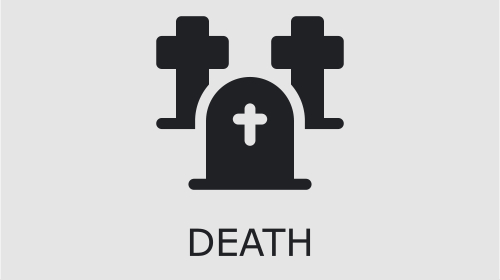
Alcohol-induced deaths rose 54% in the same period to 34 per 100,000 total deaths per year in the county — higher than in San Diego, Orange, San Francisco, and Sacramento counties.
Drug and Alcohol Laws in California
California has a high rate of issues due to substance use and prescription misuse, including overdose deaths, homelessness, and drug-related crime. As a result, the state has created multiple policies and laws to help control the situation.
SB 855 Substance Use Health Insurance Coverage Law: The SB 855 law makes it a crime for health insurance companies to refuse to pay for a medically necessary mental health or substance use service.7 This was enacted to cut down on discriminatory practices that used to exclude certain patients from accessing substance use treatment.
Drug Treatment Diversion Initiative Proposition 36: Proposition 36, passed in 2000, helps prevent jail overcrowding by giving low-level drug-related crime participants the option to attend care instead of going to jail.8 The conditions of the program include participants agreeing to probation instead of jail time, with required rehab services being a condition of that probationary period.
Good Samaritan Overdose Law: In California, as well as most states, if a person reaches out for help for someone overdosing from emergency services, they are granted some immunity from prosecution for certain crimes, such as possession.9 This law does not protect you from persecution if you have more than enough drugs and paraphernalia for personal use and are found to be distributing.
California Employment Protection Act: Modeled after the federal Family and Medical Leave Act (FMLA), the California Employment Protection Act provides a state-level layer of security to people in need of time away from work to seek medical treatment. This law provides for 12 weeks of unpaid medical leave when faced with a crisis such as the need for substance use rehab. Employers are prohibited from retaliating against employees that request time off for a medical condition.
Resources
- FindTreatment.gov. (n.d.). FindTreatment.gov.
- California Department of Public Health. (2022). California Overdose Surveillance Dashboard.
- Center for Disease Control. (2022). CDC Wonder.
- Substance Abuse and Mental Health Administration. (2022). Treatment Locator.
- Centers for Medicare & Medicaid Services. (2022). Eligibility.
- National Library of Health. (2022). Substance Abuse: Clinical Issues in Intensive Outpatient Treatment. Chapter 3. Intensive Outpatient Treatment and the Continuum of Care.
- Substance Abuse and Mental Health Services Administration. (2022). Medication-Assisted Treatment.
- California Legislative Information. (September 9, 2020). SB-855 Health Coverage: Mental Health or Substance Use Disorders.
- California State Legislative Analyst’s Office. (2000). Proposition 36. Drug Treatment Diversion Program. Initiative Statute.
- California Legislation. (2011-2012). AB-472 Controlled substances: overdose: punishment.
- Employment Development Department. (2022.) Family and Medical Leave Act and California Family Rights Act FAQs.


